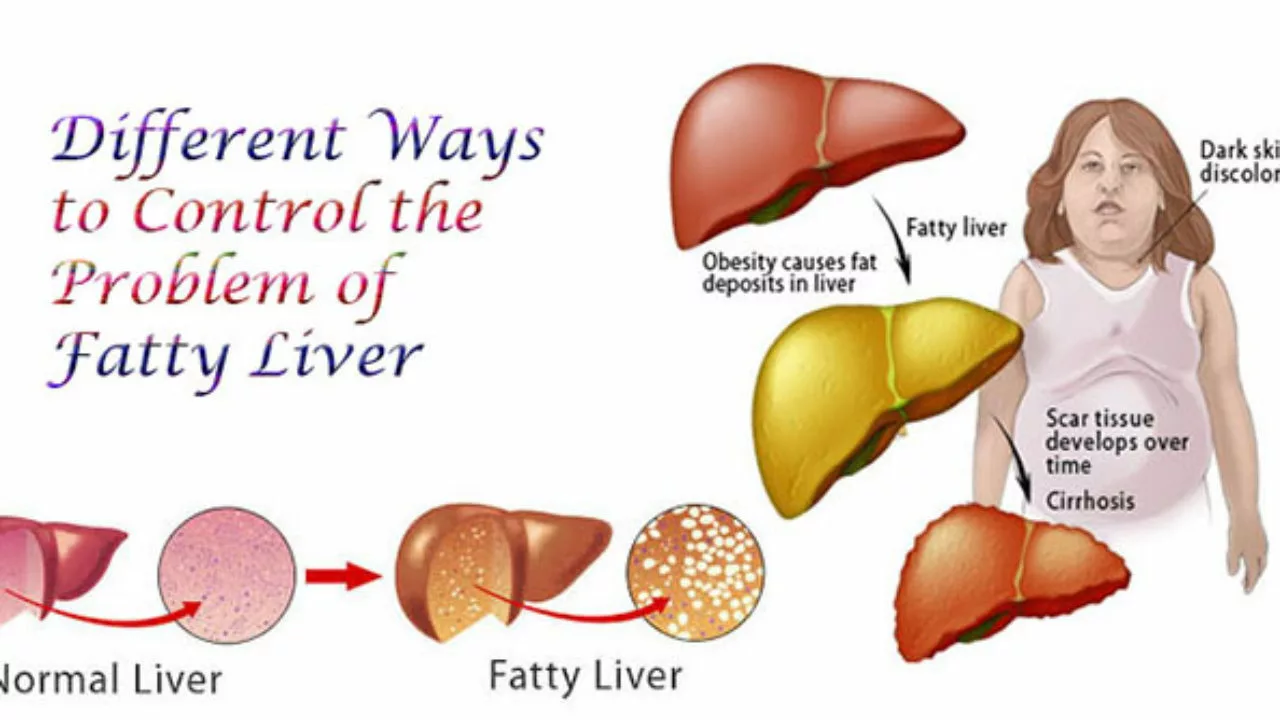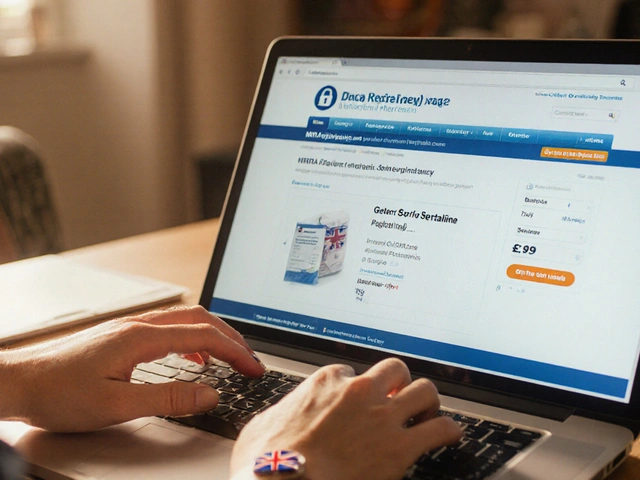Liver health: what to watch, what to test, and how to protect it
Your liver does over 500 jobs — from clearing drugs to storing energy. That means meds, herbal supplements, and alcohol all affect it. Want to keep yours in good shape? Here are clear, practical steps you can take right now.
Quick warning signs
If you notice yellowing of the skin or eyes (jaundice), dark urine, pale stools, belly pain on the right side, persistent nausea, or sudden tiredness, call your doctor. Those are common signs that liver enzymes or bile flow may be off. Don’t wait for extreme pain — early checks catch most problems easier.
Smart habits and medication tips
Medications are a top cause of liver stress. Some drugs need baseline liver tests and follow-ups — for example, isotretinoin often requires liver function tests before treatment and regularly while you're on it. If you’re prescribed a new drug, ask: “Does this affect the liver? Should I get ALT, AST, bilirubin checked?”
A few simple rules help a lot: limit alcohol while taking potentially liver-harming meds, don’t mix several new supplements at once, and stick to safe acetaminophen doses (ask your clinician for a number that fits your health — many doctors advise staying at or below 3,000 mg/day unless told otherwise). Avoid combining alcohol with acetaminophen; that raises liver risk.
Herbal remedies can be risky. Kava and high doses of some herbal mixes have been linked to liver injury. St. John’s wort can change how drugs are processed, which can indirectly stress the liver. If you use herbs or a new supplement, tell your provider and ask if liver testing is needed.
Fatty liver is common and often silent. Losing 5–10% of body weight, cutting back on added sugars and refined carbs, and choosing whole foods can lower fat in the liver. Regular exercise — even 30 minutes most days — helps too. Ask your doctor about ultrasound if you have risk factors like obesity, high blood sugar, or abnormal liver enzymes.
Vaccines matter. If you’re not immune to hepatitis A or B, vaccination prevents serious liver infections. This is a quick, effective step many people overlook.
When to order tests: start with basic liver panels (ALT, AST, bilirubin, alkaline phosphatase, GGT). For people starting certain meds, your clinician may want baseline tests and repeats at 1–3 months, then less often if stable. Always follow the schedule they recommend.
Want more reading? On this site you’ll find clear articles like “Understanding Isotretinoin: Impact of Diet,” “Tumor Growth and Secondary Cancer Risk,” and pieces about herbal interactions and antibiotic options. Read those if you’re on long-term meds or considering supplements.
Protecting your liver is mostly practical: watch for symptoms, ask about tests when new meds are prescribed, keep alcohol low, be careful with supplements, and eat well. Small habits now make a big difference later.




